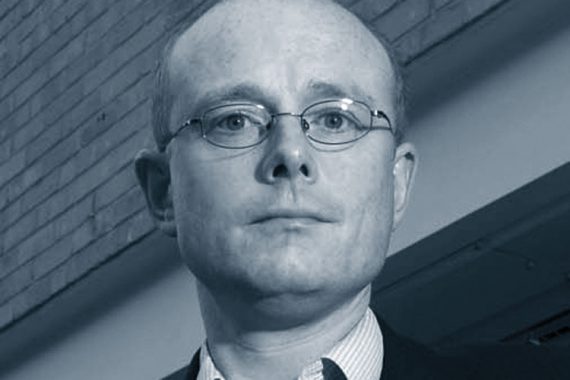40 treatments to avoid? More like 40 ways to raise my blood pressure

I tried, I really did.
I called my cynicism to heel, sat on my sarcasm and bit my lip against an irrepressible force of ironic comments, but to no avail.
The list gets vaguer and more trite
Try as I might to read the Academy of Medical Royal colleges list of ‘40 treatments that bring little or no benefit to patients‘ seriously, I failed.
I got to number two on the list and my inner rant burst my dam of self-restraint, like the sniggering centurions in that famous scene with the speech impeded Emperor in ‘The Life of Brian’.
If you have yet to read this enlightening document (part of the Choosing Wisely initiative), it highlights some treatments with little or no evidence of benefit, which if we avoid may save the NHS few quid. Sounds ok so far I guess.
‘Lower back pain X-rays are of little benefit if there are no other concerning features.’
Really? Do you think we didn’t know that? Do they not realise the only reason we reluctantly request them is that the chronic back pain patient in question has virtually taken up residence in our consulting room and an X-ray or a baseball bat is the only way we are going to get them to leave (and the latter would certainly lead to an X-ray)?
Some suggestions are just unworkable: plaster casts are no better than simple splints for greenstick wrist fractures and wounds can be cleaned in tap water instead of saline.
Imagine using this advice for the screaming child covered in cuts and bruises and clutching their arm brought in to your emergency surgery.
‘Yes it’s probably a fracture, go and buy a wrist support and wash their wounds under the tap. Next patient please.’
The list gets vaguer and more trite as it goes on: don’t prescribe too many drugs in the elderly, always discuss starting a drug with patients before you do, only treat blood pressure if it’s raised, only bother checking cholesterol in those on statins at high risk.
Patronising, pointless and an overly self-important guide to egg sucking in the third age it may be, but it also misses what should be a rather obvious point. A lot of what we do in general practice has no evidence but that does not make it valueless. Cleaning and dressing cuts and grazes in a crying child may be largely placebo, but that is ok. It’s the medical equivalent of a hug and a warm drink and it makes the patient feel better. It makes them feel we care.
If you want to save the NHS serious money then cutting back on saline and plaster of Paris is probably not the way forward. A serious cull of overpaid managers sitting in offices thinking up this sort of stuff would be a good start though.
Dr David Turner is a GP in west London
Pulse October survey
Take our July 2025 survey to potentially win £1.000 worth of tokens

Visit Pulse Reference for details on 140 symptoms, including easily searchable symptoms and categories, offering you a free platform to check symptoms and receive potential diagnoses during consultations.











